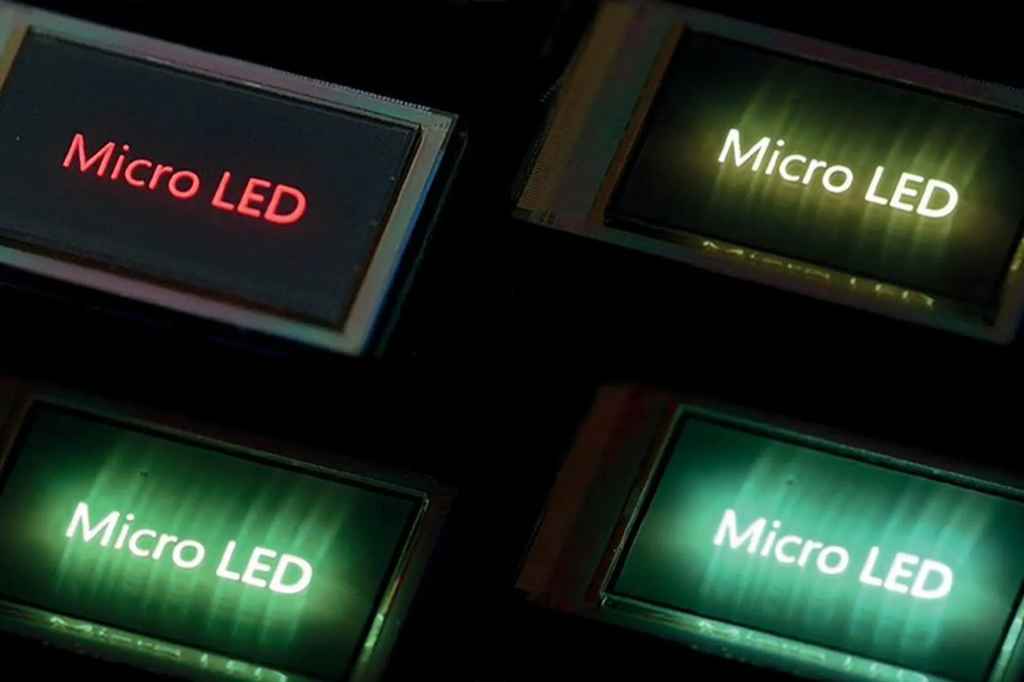
Los Angeles-based Q-Pixel has developed microLED display technology which it says has achieved the highest resolution, active-matrix colour display in the world. Q-Pixel’s display offers 6800 pixels per inch (PPI), surpassing current displays. The technology replaces the traditional three subpixel LEDs with a single polychromatic LED.
Q-Pixel has fabricated its display entirely using microLED pixels, technology which has been notoriously challenging to implement.
Unlike most advanced VR displays, which use micro-organic LEDs (micro-OLEDs), Q-Pixel’s displays consist entirely of III-V compound microLED pixels. Synthesized from inorganic materials, III-V microLEDs offer advantages over OLEDs, including faster response time, higher brightness, longer lifetime, and superior energy efficiency. From a physics perspective, inorganic III-V microLEDs have long been considered the ideal display technology but have lacked a clear path to commercial viability.
J. C. Chen, CEO and co-founder said; “By delivering the world’s highest resolution (6800 PPI) active-matrix color display, Q-Pixel has accomplished two major milestones. First, we have proved that it is possible to produce ultra high-resolution, active displays based on microLED technology. Secondly, Q-Pixel has shown that our TP-LED pixel technology surpasses more mature display technologies such as OLEDs to attain world-record breaking pixel densities.”
?The main challenge to commercialising microLED displays arise from the traditional approach of assembling full colour pixels using individual monochromatic red, green, and blue (RGB) LEDs. For high-resolution displays requiring small (< 50 um) pixels, the assembly, testing, and repair of millions of RGB microLED subpixels is a complicated, labour-intensive, and expensive process. Moreover, the physical space required for three RGB subpixels restricts the display’s pixel density, posing an obstacle to realising high-resolution displays. Q-Pixel’s overcomes both hurdles by replacing three RGB subpixels with individual, fully colour-tunable pixels.
Q-Pixel’s TP-LED technology is described in detail in a recent Compound Semiconductor magazine piece
TrendForce 2024 Micro LED Market Trend and Technology Cost Analysis
Release: 31 May / 30 November 2024
Language: Traditional Chinese / English
Format: PDF
Page: 160-180
|
If you would like to know more details , please contact:
|





 CN
TW
EN
CN
TW
EN






